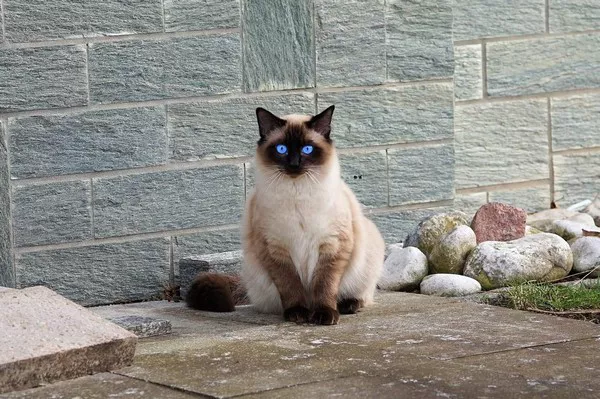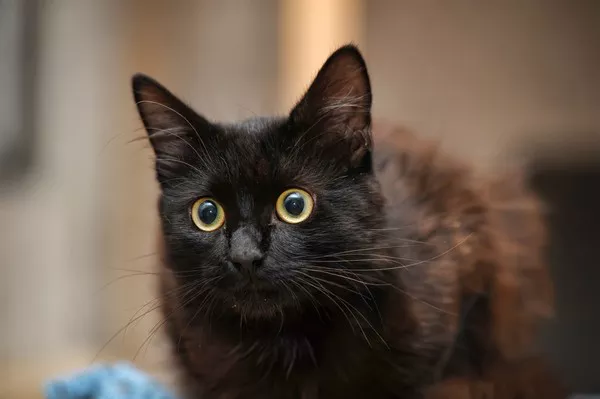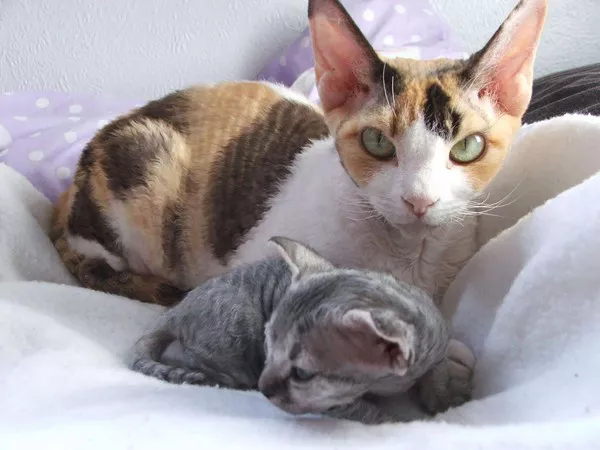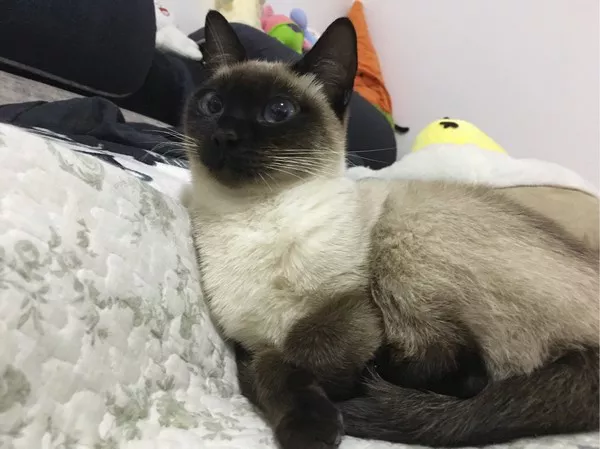Cats, with their discerning palates and unique nutritional needs, often evoke curiosity among pet owners regarding the ideal dietary choices. Among the many debates surrounding feline nutrition, the question of whether chicken meal is suitable for cats sparks considerable interest. This article aims to explore the intricacies of incorporating chicken meal into a cat‘s diet, debunking myths and shedding light on the nutritional aspects that pet owners should consider.
Understanding Chicken Meal
Chicken meal is a concentrated source of animal protein derived from rendered chicken tissues. Unlike whole chicken, which includes moisture content, chicken meal is produced by rendering and drying chicken parts, such as flesh, skin, and bone. The rendering process involves separating fat and moisture from the raw materials, resulting in a protein-rich powder.
Myth #1: Chicken Meal is Inherently Harmful
One common misconception revolves around the notion that chicken meal is an inferior or potentially harmful ingredient for feline diets. In reality, high-quality chicken meal can be a valuable protein source for cats. Reputable cat food manufacturers often use chicken meal as a primary ingredient in their formulations, ensuring a concentrated and digestible protein content.
Nutritional Benefits of Chicken Meal for Cats
Protein Content:
Cats are obligate carnivores, meaning their diet should primarily consist of animal-derived proteins. Chicken meal, being protein-rich, helps fulfill cats’ essential amino acid requirements, promoting muscle development, and overall well-being.
Digestibility:
Rendering processes enhance the digestibility of chicken meal. The removal of moisture and fat concentrates the protein content, providing a nutrient-dense source that cats can efficiently metabolize.
Amino Acid Profile:
Chicken meal typically offers a balanced amino acid profile, crucial for supporting various physiological functions in cats. Amino acids are the building blocks of proteins, contributing to healthy skin, coat, and muscle maintenance.
Nutrient Density:
Chicken meal is known for its nutrient density, offering essential vitamins and minerals vital for a cat’s health. When formulated correctly, cat food containing chicken meal can provide a well-rounded and complete nutritional profile.
Myth #2: All Chicken Meal is Equal in Quality
Not all chicken meal is created equal, and the quality of this ingredient depends on various factors, including sourcing, processing, and formulation. Pet owners should prioritize cat food brands that transparently communicate the quality of their ingredients and adhere to strict manufacturing standards.
Factors Influencing Chicken Meal Quality:
Ingredient Sourcing:
High-quality chicken meal starts with the sourcing of premium chicken. Reputable cat food manufacturers prioritize responsibly raised and sourced chicken to ensure the overall quality of their products.
Rendering Process:
The rendering process significantly impacts the nutritional composition of chicken meal. Proper rendering, with a focus on preserving essential nutrients, contributes to the overall quality of the ingredient.
Formula Transparency:
Transparent labeling and clear ingredient lists indicate a commitment to quality. Cat food brands that prioritize transparency empower pet owners to make informed choices about their feline companion’s nutrition.
Making Informed Decisions: What to Look for in Cat Food with Chicken Meal
AAFCO Compliance:
Cat food formulations that meet the standards set by the Association of American Feed Control Officials (AAFCO) ensure that they provide a complete and balanced diet for cats.
Named Protein Source:
Look for cat food that specifies the protein source as “chicken meal” rather than generic terms like “poultry meal.” This ensures clarity about the primary protein ingredient.
Limited Fillers:
High-quality cat food minimizes the use of unnecessary fillers and focuses on providing essential nutrients. Cats thrive on nutrient-dense diets, and a formulation with limited fillers supports their nutritional needs.
Consultation with Veterinarians:
Before making significant changes to a cat’s diet, consulting with a veterinarian is crucial. Veterinarians can offer personalized advice based on the cat’s individual health needs, age, and lifestyle.
Conclusion:
In conclusion, chicken meal can be a suitable and nutritious component of a cat’s diet when sourced and processed responsibly. Pet owners should prioritize cat food brands that prioritize quality ingredients, transparent labeling, and adherence to nutritional standards. By dispelling myths and understanding the nutritional benefits of chicken meal, cat owners can make informed decisions that contribute to the health and well-being of their feline companions.



























